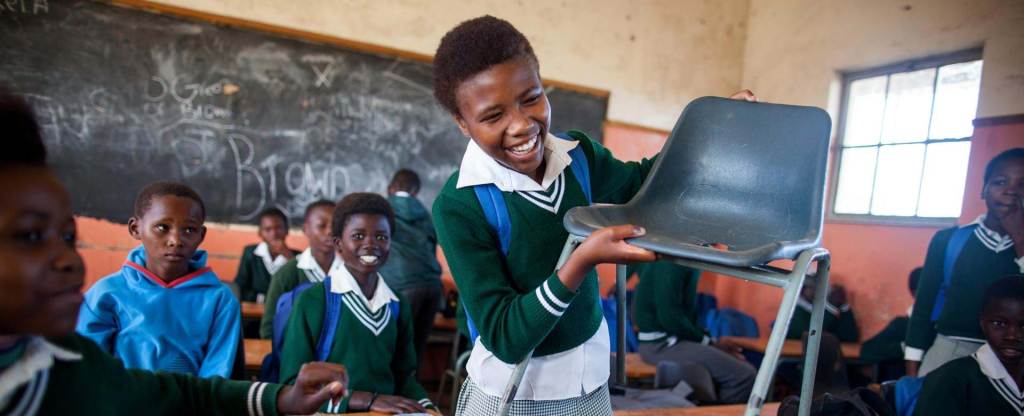
In 2012, the Ford Foundation developed a program to support international human rights organizations based in the Global South. Why? The short answer is that we recognized that the human rights movement needed significant and different kinds of support to grow, diversify, and have real impact.
With that in mind, we sought to identify international NGOs (INGOs) headquartered in the Global South as well as nationally-rooted NGOs that work internationally or regionally. These constitute an unusual but emerging category of human rights organizations.
Over the past two and half years, we’ve been gratified to watch the results of our investment in these INGOs begin to play out. Conectas, based in Brazil, strengthens networks of activists across world regions to consolidate the rule of law in the Global South. Through research and documentation, legislative and policy advocacy, legal aid, and public interest litigation, the Kenya Human Rights Commission is addressing some of the root causes of poverty and human rights violations in East Africa. And in South Africa, the Legal Resources Centre is working to define and protect the rights of the region’s most vulnerable people. Now, at the halfway mark of our initial five-year commitment to the program, we produced the above video to show exactly why we chose to allocate significant funds to this strategy.
By supporting INGOs that are based in the Global South, the Ford Foundation can contribute further to the realization of rights. The human rights movement has spent decades building a strong and robust international system of institutions and norms, including the entire human rights infrastructure in Geneva (Human Rights Council, special rapporteurs, Universal Periodic Review); new international institutions such as the International Criminal Court; strong regional systems, especially in the Americas and Europe, but increasingly also in Africa; and a broad set of treaties and conventions on rights. But this system is only impressive—not to mention effective—if it can deliver on its promise to strengthen human rights. Having norms and institutions is all well and good, but the proof is in the pudding. So is the system being used by human rights groups to actually change behavior and make rights a reality for marginalized and victimized people?
One affirmative answer to that essential question can be found in NGOs with strong track records in national contexts, ones that have developed a sophisticated ability to mobilize the international system. This video shows how one of those organizations, the Legal Resources Centre (LRC), was able to mobilize national tools (South African constitutional law, the local media) as well as international ones (the UN Special Rapporteur on the Right to Education, cross-regional exchange) in order to achieve a very real and specific human rights victory that makes life better for children in South Africa. Moreover, the LRC goes on to act as a true INGO by taking its experience to the international level, informing other NGOs around the world about its strategies and further strengthening the international system. In short, LRC is a hybrid NGO: national and international at the same time, leveraging the international system to achieve real change.
Of course, this doesn’t mean that all INGOs must be based in the Global South. Our global human rights program also supports a number of excellent INGOs that are based in northern capitals. The point is that a strong global human rights movement must be diverse and flexible—and in supporting it, funders need to be aware of changing patterns and new dynamics. And we must always be looking for ways to make rights real for large numbers of people, wherever they live.
Accessibility Statement
- All videos produced by the Ford Foundation since 2020 include captions and downloadable transcripts. For videos where visuals require additional understanding, we offer audio-described versions.
- We are continuing to make videos produced prior to 2020 accessible.
- Videos from third-party sources (those not produced by the Ford Foundation) may not have captions, accessible transcripts, or audio descriptions.
- To improve accessibility beyond our site, we’ve created a free video accessibility WordPress plug-in.